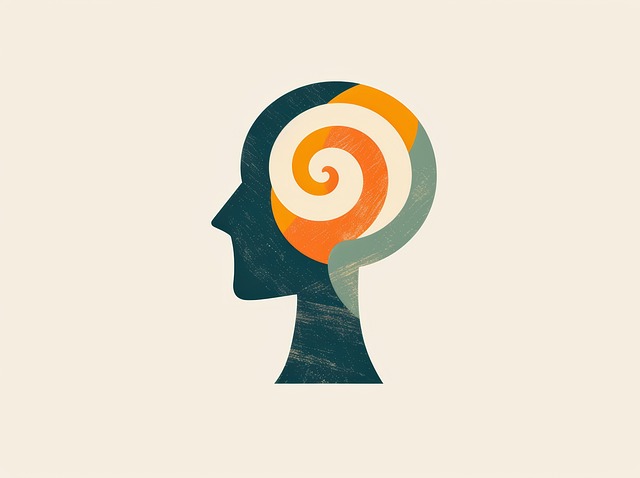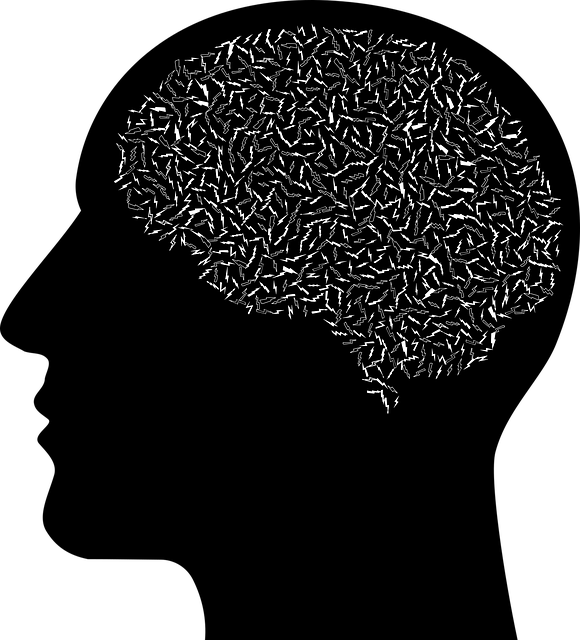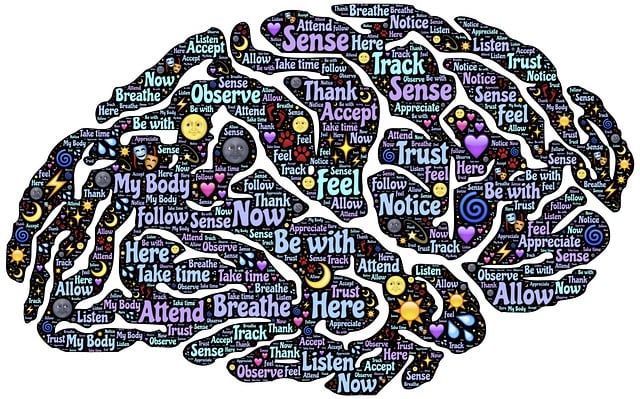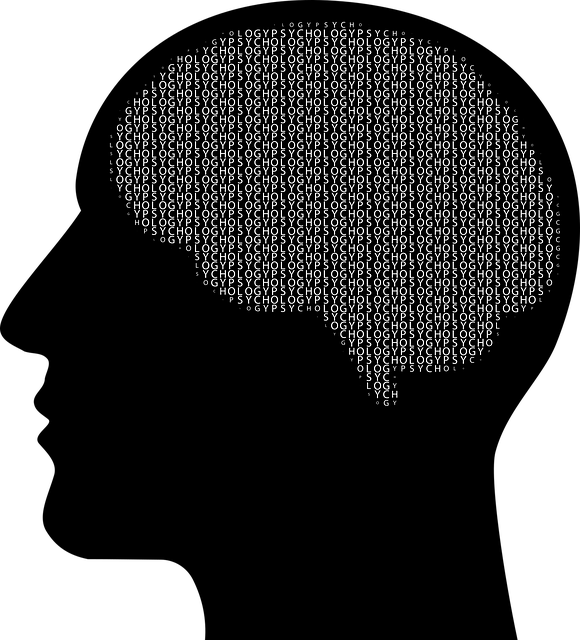Loss, grief, and bereavement have profound impacts on mental health, requiring specialized support like Superior Learning Disability Therapy (SLDT). SLDT combines traditional grief counseling with techniques to build inner strength and confidence, fostering resilience and processing loss. For complex cases of prolonged intense emotions and daily functioning challenges, SLDT offers tailored communication strategies and coping mechanisms. Integrating SLDT into bereavement counseling creates safe spaces for emotional expression and self-regulation skills, supported by Social Skills Training. Public awareness campaigns and mental health policy advocacy are crucial in normalizing grief experiences and breaking down barriers to accessible grief counseling services.
Grief is a universal human experience, yet navigating its complexities can be challenging. This comprehensive guide delves into loss, grief, and bereavement, offering insights into their profound impact on mental health. We explore effective counseling approaches tailored to grieving individuals, highlighting strategies for overcoming challenges in grief therapy. From understanding the stages of grief to identifying signs of complicated grief, this article equips readers with knowledge to support themselves or others through the healing process, fostering superior emotional well-being.
- Understanding Loss, Grief, and Bereavement: A Comprehensive Overview
- The Impact of Loss on Mental Health and Well-being
- Identifying Signs of Complicated Grief and When to Seek Professional Help
- Exploring Effective Counseling Approaches for Grieving Individuals
- Overcoming Challenges: Strategies for Successful Grief Therapy
Understanding Loss, Grief, and Bereavement: A Comprehensive Overview

Understanding loss, grief, and bereavement is a multifaceted process that requires empathy, patience, and specialized knowledge. Loss can manifest in various forms, from the death of a loved one to significant life changes, each triggering unique emotional responses. Grief, the natural reaction to loss, often involves a complex interplay of feelings like sorrow, anger, guilt, and acceptance. It’s not a linear journey; individuals may experience intense emotions one moment and a sense of clarity the next, making each person’s path to healing distinct.
Bereavement counseling plays a pivotal role in guiding individuals through this challenging period. Through superior learning disability therapy techniques, such as social skills training and crisis intervention guidance, counselors help clients develop positive thinking strategies to cope with their loss. By offering a safe space to express emotions and gain insights into their feelings, bereavement counseling enables individuals to navigate the complexities of grief, fostering resilience and a sense of inner peace over time.
The Impact of Loss on Mental Health and Well-being

The impact of loss on mental health is profound and can vary greatly from person to person. When faced with the death of a loved one or even significant life changes, individuals may experience a range of complex emotions including sadness, anger, guilt, and confusion. These feelings can be overwhelming and significantly affect daily functioning. Studies show that unaddressed grief can lead to long-term mental health issues such as depression, anxiety disorders, and in severe cases, suicidal ideation. This underlines the critical need for counseling services that cater to loss, grief, and bereavement.
Superior Learning Disability Therapy (SLDT) offers a unique approach to healing by combining traditional grief counseling with techniques designed to build inner strength and boost confidence. Through SLDT, individuals learn to navigate their emotions using mind over matter principles, fostering resilience and a renewed sense of purpose. This holistic therapy not only helps in processing the loss but also empowers individuals to adapt and thrive in the face of adversity, ultimately contributing to improved overall well-being.
Identifying Signs of Complicated Grief and When to Seek Professional Help

Many individuals experience grief after losing a loved one, but for some, this process can become complicated and prolonged. Recognizing the signs of complicated grief is essential as it may indicate an underlying issue that requires professional intervention. This type of grief often presents as persistent and intense emotions, making daily functioning challenging. Individuals might experience severe anxiety, depression, or even physical symptoms like fatigue and insomnia. They may find themselves avoiding memories or people associated with their loss, which can lead to social isolation. These signs suggest a need for specialized support.
Seeking professional help is a crucial step in managing complicated grief. Therapy, particularly through Superior Learning Disability Therapy (SLDT), offers effective communication strategies tailored to each individual’s needs. SLDT helps clients explore and process their emotions, improve coping mechanisms, and enhance overall well-being. Public awareness campaigns development can also play a role in normalizing these experiences and encouraging people to reach out for support. This, coupled with anxiety relief techniques, empowers individuals to navigate their grief journey more effectively.
Exploring Effective Counseling Approaches for Grieving Individuals

In the realm of loss, grief, and bereavement counseling, understanding effective approaches is paramount to supporting individuals navigating intense emotions. One superior method is incorporating Learning Disability Therapy techniques, tailored to address unique challenges faced by grievers. This approach emphasizes creating a safe space for clients to process their experiences, fostering resilience through enhanced coping mechanisms and improved self-regulation skills. By adapting therapy methods to individual needs, counselors can effectively support those struggling with loss.
Additionally, integrating Social Skills Training within the counseling framework proves beneficial. Developing and refining social interaction abilities allows individuals to find comfort and connection during difficult times. Public Awareness Campaigns Development also plays a role in risk management planning for mental health professionals, ensuring a comprehensive approach that educates both practitioners and the public on recognizing and addressing grief-related issues.
Overcoming Challenges: Strategies for Successful Grief Therapy

Grief therapy is a powerful tool for individuals navigating loss and bereavement, offering strategies to overcome challenges and find healing. One effective approach is integrating superior learning disability therapy techniques into the counseling process. This method caters to the unique needs of those with learning disabilities, ensuring they receive tailored support during their grief journey. By employing specialized techniques, therapists can enhance comprehension and engagement in therapeutic activities, fostering a more inclusive environment.
Public awareness campaigns development and mental health policy analysis and advocacy play a crucial role in promoting accessible grief counseling services. These initiatives raise awareness about the availability of trauma support services, reducing the stigma associated with seeking help. As a result, individuals experiencing loss are more likely to access appropriate resources, ensuring they receive the necessary care and guidance through the grieving process.
Loss, grief, and bereavement counseling are essential components of healing after a significant loss. By understanding the unique journey of each individual, counselors can employ effective approaches such as cognitive-behavioral therapy and mindfulness practices to support those navigating complicated grief. Recognizing when professional help is needed, especially in cases of prolonged or intense distress, is crucial. With the right support, individuals can learn coping mechanisms, process their emotions, and eventually find a sense of peace and resilience. Superior Learning Disability Therapy plays a pivotal role in this process, offering tailored strategies to address specific challenges faced during grief, ensuring a more fulfilling path toward recovery.














